We're entering the medical era of wearables
Each new generation of smartwatch is the "most accurate ever" with new health data, but it's not really for you; it's to impress healthcare providers.
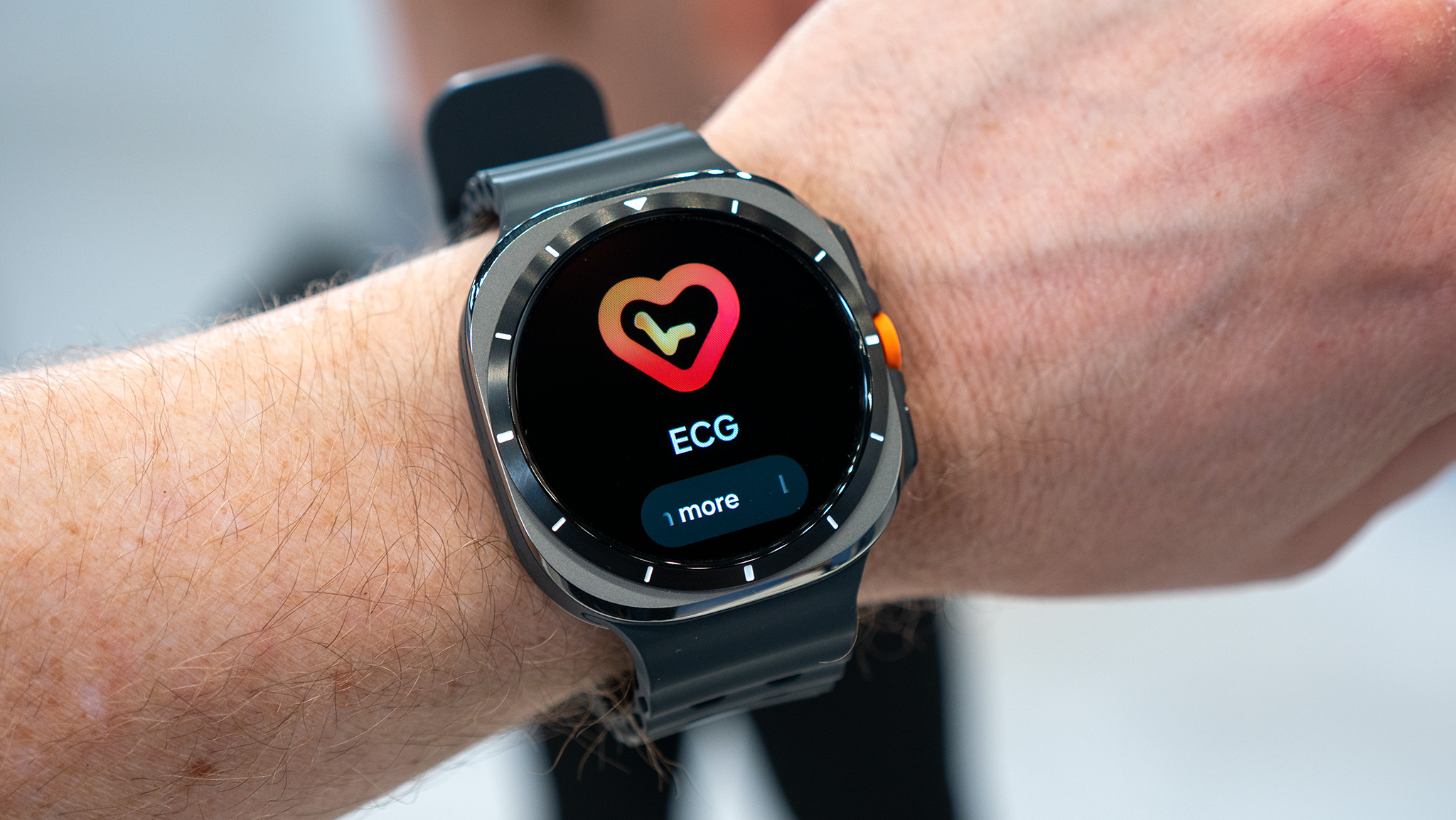
Smartwatches and smart rings are "wellness" devices. They may have some FDA-approved sensors, but there's always fine print saying to take worrying readings with a grain of salt. But smartwatch and smart ring makers are aiming for medical-grade accuracy at all costs (literally). Not necessarily for your peace of mind, but because there's profit to be had if the healthcare industry buys in.
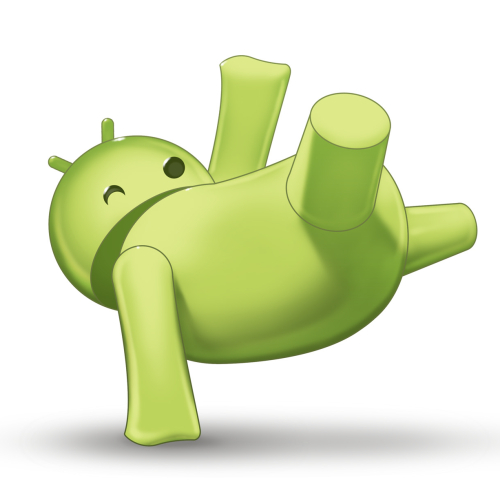
In this weekly column, Android Central Wearables Editor Michael Hicks talks about the world of wearables, apps, and fitness tech related to running and health, in his quest to get faster and more fit.
The OnePlus Watch 3 dominated headlines last week because of its 5-day battery, so you probably missed the news about OnePlus opening a €13.5 million 4,840m² Health Lab in Guangdong, China. Run by "medical professionals and multidisciplinary software and hardware engineers," it's designed for "long-term research collaborations" with over 30 medical companies and research institutions to study athletes' physiological data.
As a side benefit, OnePlus will use lab sensors to "improve the ability of self-developed algorithms, allowing smartwatches to better monitor exercise capacity and cardiopulmonary health."
That may all sound a bit intense, but it's no surprise. Dive into the career pages for Apple and Google, and you'll find open jobs related to clinical studies, health sensor development, data center construction, health privacy, biophotonics — the list truly goes on and on. Cardiologists and smartwatch engineers have intertwined career paths in Big Tech.
Some of this research goes into new health data points; Apple is reportedly closing in on blood pressure tracking, while a Samsung exec hinted last month that non-invasive blood glucose monitoring is coming soon. Pulling that off takes serious R&D.
Other research focuses on better HR algorithms for athletes, like Google claiming the Pixel Watch 3 has the "most accurate heart rate for running yet" to try and pull customers away from fitness brands like Garmin and Polar. This watch was also the first with a "Loss of Pulse" feature.
But to be frank, courting athletes or consumers with health issues won't justify this investment. Google didn't buy Fitbit for $2.1 billion just to make its future Pixel Watches more accurate, and OnePlus's new sports lab isn't really about the casual athletes that wear its watches.
Be an expert in 5 minutes
Get the latest news from Android Central, your trusted companion in the world of Android
I believe a business-to-business (B2B) battle is coming for smartwatches (and smart rings) that are all trying to be the clinical, portable option for other industries. They're all racing to collect your data and use it to self-improve their results until they can aim their sights higher. And you getting heart health warnings or daily workout recommendations is only a side effect.
Big Tech x Healthcare = profit?
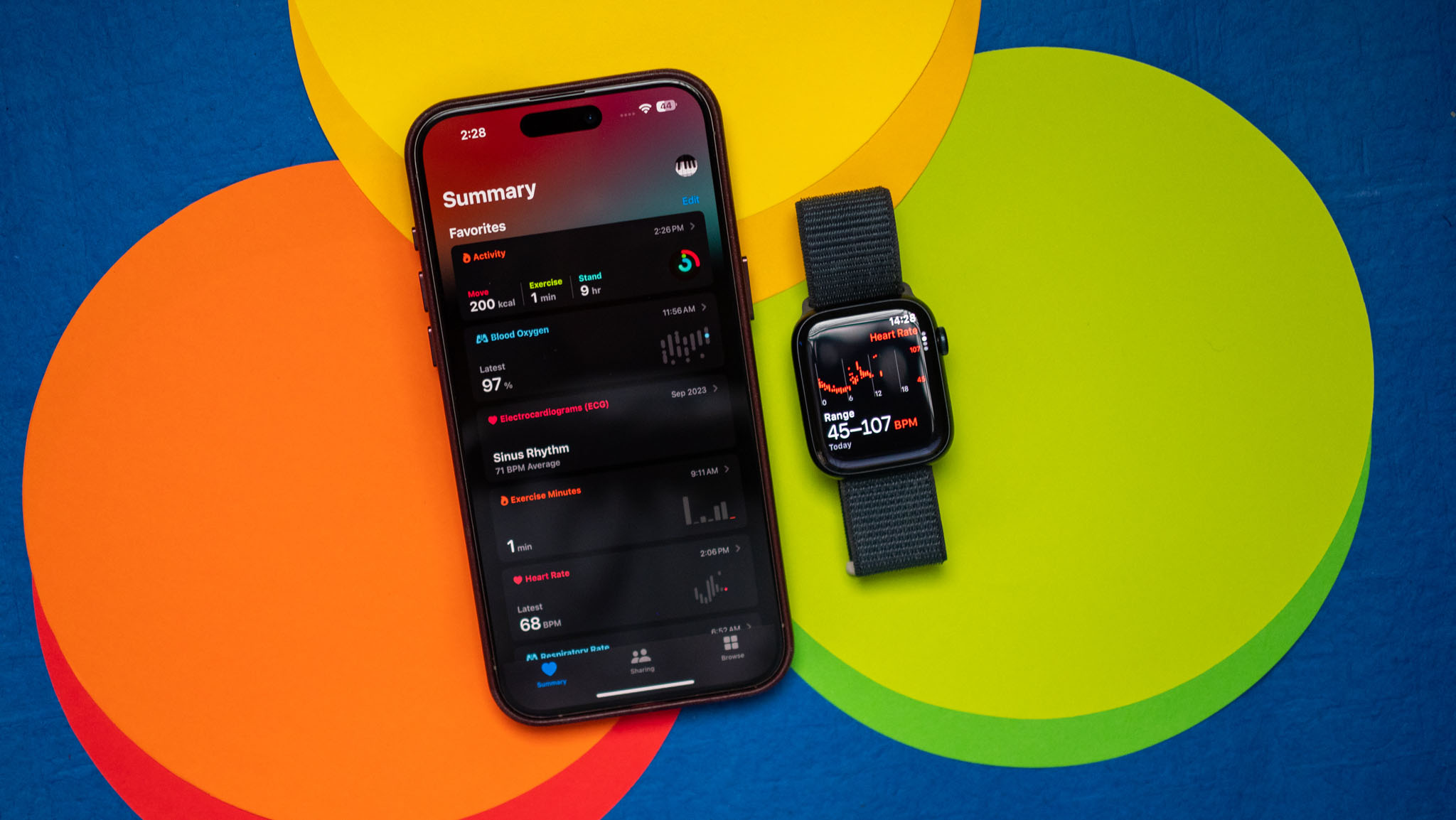
The other smartwatch health news that prompted this column was Apple announcing its latest Health Study on how to use technology to "predict, detect, monitor, and manage changes in participants’ health," across "a number of health and disease areas, including activity, aging, cardiovascular health, circulatory health, cognition, hearing, menstrual health, mental health, metabolic health, mobility, neurologic health, respiratory health, sleep, and more."
This ambitious, holistic study isn't being handled in a creepy way: It's an opt-in program with options on what you share with researchers, and Apple itself doesn't get identifying information.
What it will get is the overall results, from potentially millions of customers, showing which data its watches successfully track and which areas it fails at, adding context that it can't normally find out on its own.
That kind of data can be incredibly valuable for preventative care, if it can analyze your health and workout trends and warn you of potential changes to your physiology or mental capacity. That could help you, but it'll certainly help Apple keep you in its device ecosystem if it keeps marketing its Watches as life-saving.
Everyone is intrigued by blood pressure and glucose, but we're seeing right now how smartwatches are analyzing your AGEs Index, arterial stiffness, and other niche bodily health information that's tied to long-term health warning signs. I don't think any consumers were asking for this; I think it's a proof of concept for doctors to prove how useful these devices can be if they join forces.
Imagine if Apple partnered with your healthcare provider and could key in its watches to look out for specific biomarkers related to your condition or genetics. Some smartwatches can already collect data to send to your doctor, but perhaps these apps could automatically send reports, either at regular intervals or whenever there's a sustained issue with a given metric.
'Wellness' is becoming old news
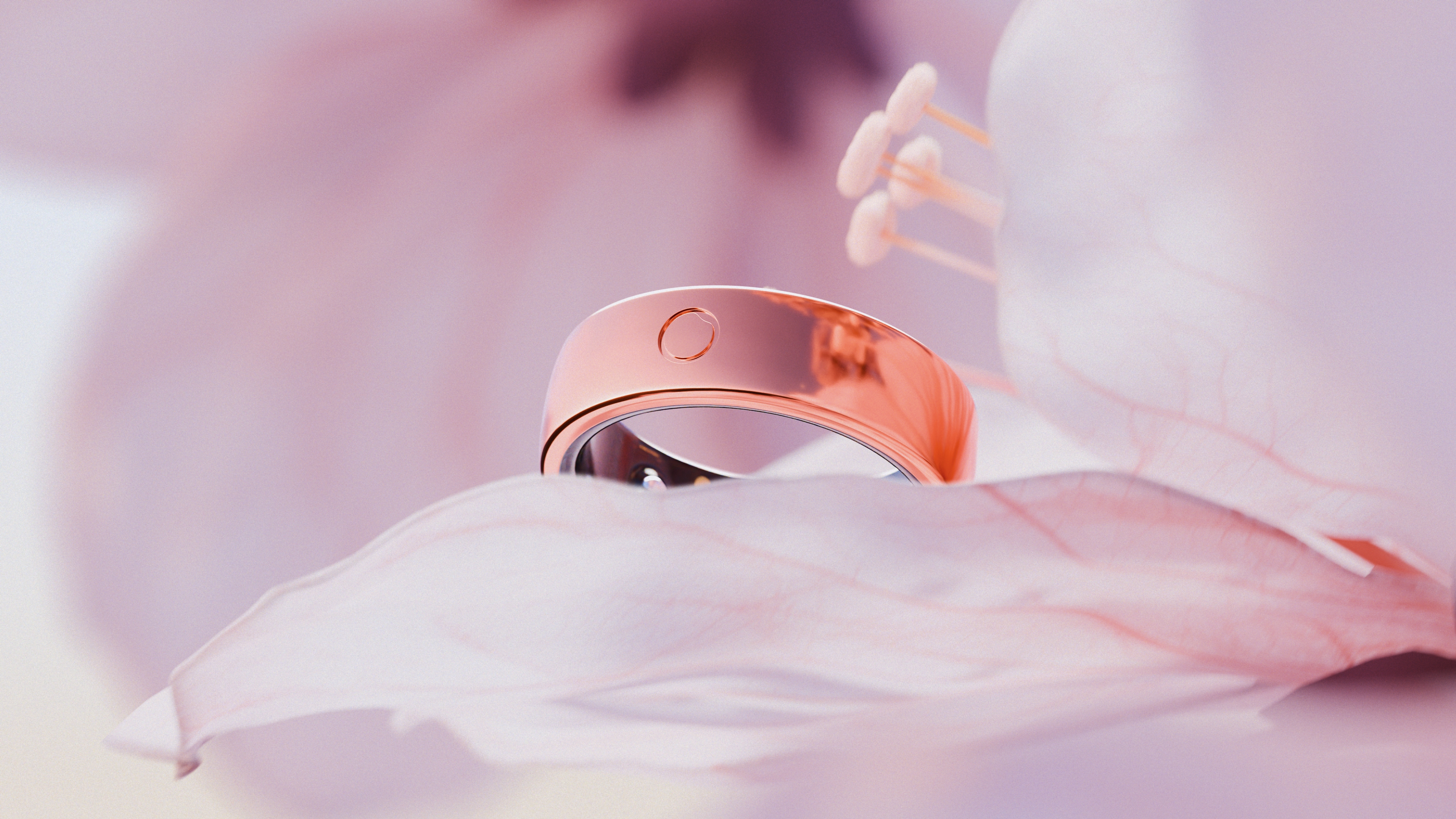
Smart ring sales are so niche that they're barely worth mentioning compared to smartwatches. But I think it's relevant that so many smart ring brands at CES pushed their medical-grade accuracy and brought up unprompted the idea of B2B sales to medical companies.
The Circular Ring 2 ditched the company's trademark haptic engine for an FDA-approved ECG; in the CEO's words, they're transitioning from wellness to an alternative for "expensive" and "invasive" medical checks. The Evie Ring got FDA approval for blood oxygen readings, and its CEO also labeled it as a "clinical-grade device for B2B channels." Ultrahuman wants you to send them blood so they can compare your smart ring data against your biomarkers, and Oura has its new Symptom Radar to link your biometrics with possible causes.
These new companies want to leapfrog wellness straight into the health industry for a reason. Either they think it's a market ready to be tapped, or they think "wellness" alone will be seen as less marketable or profitable very soon. Whether smart rings are successful against Big Tech brands with more resources to throw into this gambit, they're shooting their shot.
Is this a good or a bad trend? Yes.
There's nothing inherently wrong with Apple Watches, Android smartwatches, or smart rings becoming so accurate that they can be relied upon for clinical trials. You can be skeptical that they're as accurate as these companies want them to be, but I won't censure them for striving for something potentially unattainable instead of coasting on "wellness" estimates.
What I worry about — and I've written about this before — is that it's genuinely tough to be confronted by bad smartwatch readings on a daily basis.
Anyone would want their watch to catch signs of a heart attack so you can call your doctor. But if they start tracking your body's poor health markers that signal potential issues years or decades down the line, will that help you turn your life around, or just send you spiraling into stress and fatalism?
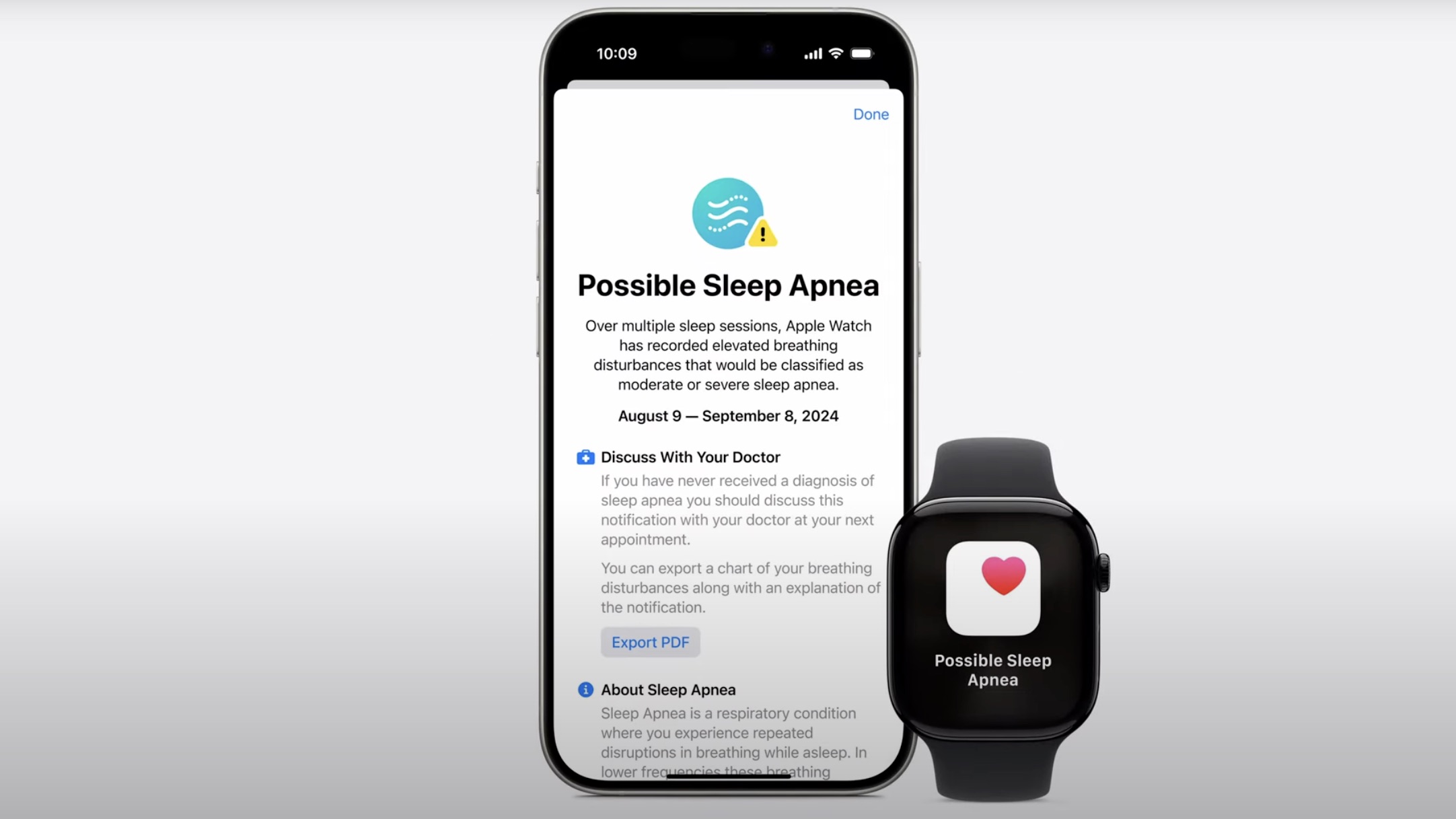
I know someone who spotted a potential kidney issue because their smart scale told them they were constantly dehydrated no matter how much water they drank. This was vital information to know, but in the aftermath, the smart scale app continued to warn them. They started checking this data more often, hoping lifestyle changes would immediately fix the problem; when nothing helped, they felt hopeless.
Of course I want to know if I have arterial stiffness or high blood sugar, but once I do know, I'll continue to be confronted by this information. Smartwatches have all these gamefied tools like daily rings meant to encourage you to become healthier, but some health issues can't be solved by a gung-ho attitude.
I won't be surprised if, within the next five to ten years, we start seeing more doctors prescribing smartwatches and smart rings for at-home monitoring as an affordable alternative to expensive equipment, with these brands offering a spinoff healthcare app that highlights specific information shared with you and your doctor.
The current AI revolution will play into this, of course. Medical journals are already being fed into specialized AIs; the next step is for your actual health data and testing results to power future insights. Apple's research study and OnePlus's specialized lab will only become increasingly common, feeding AI data that (again) these companies can sell to healthcare providers.
The side effect of this is simple: You're going to get bombarded with more and more health and wellness information the moment you put on your smartwatch. And some people will be overwhelmed by it.
You can mentally prepare yourself for bad news before visiting a doctor; it's harder to do the moment you wake up and see a health warning in your smartwatch's Morning Report.

Michael is Android Central's resident expert on wearables and fitness. Before joining Android Central, he freelanced for years at Techradar, Wareable, Windows Central, and Digital Trends. Channeling his love of running, he established himself as an expert on fitness watches, testing and reviewing models from Garmin, Fitbit, Samsung, Apple, COROS, Polar, Amazfit, Suunto, and more.
You must confirm your public display name before commenting
Please logout and then login again, you will then be prompted to enter your display name.

